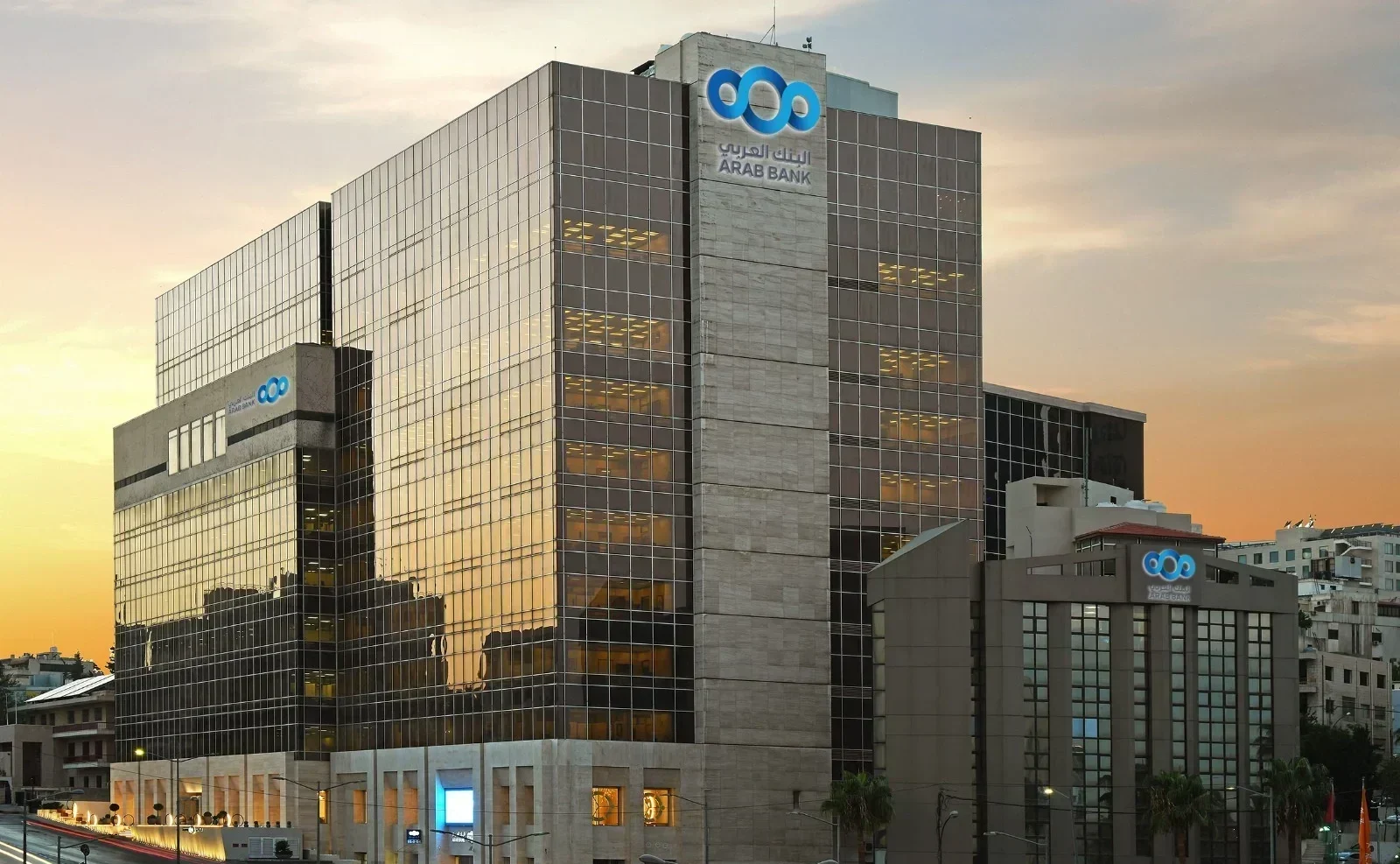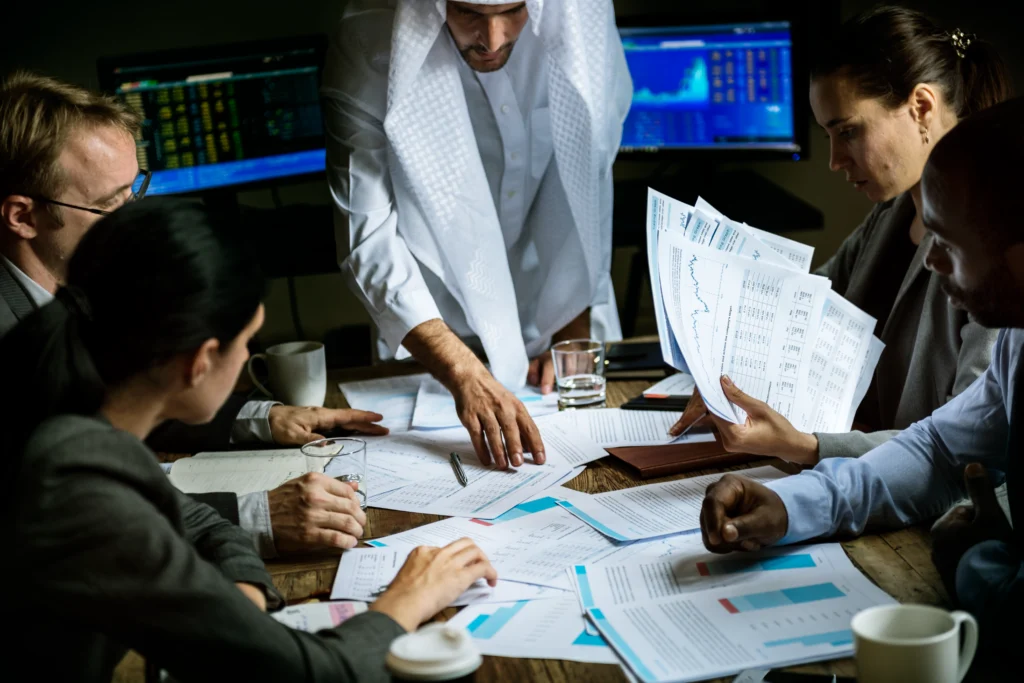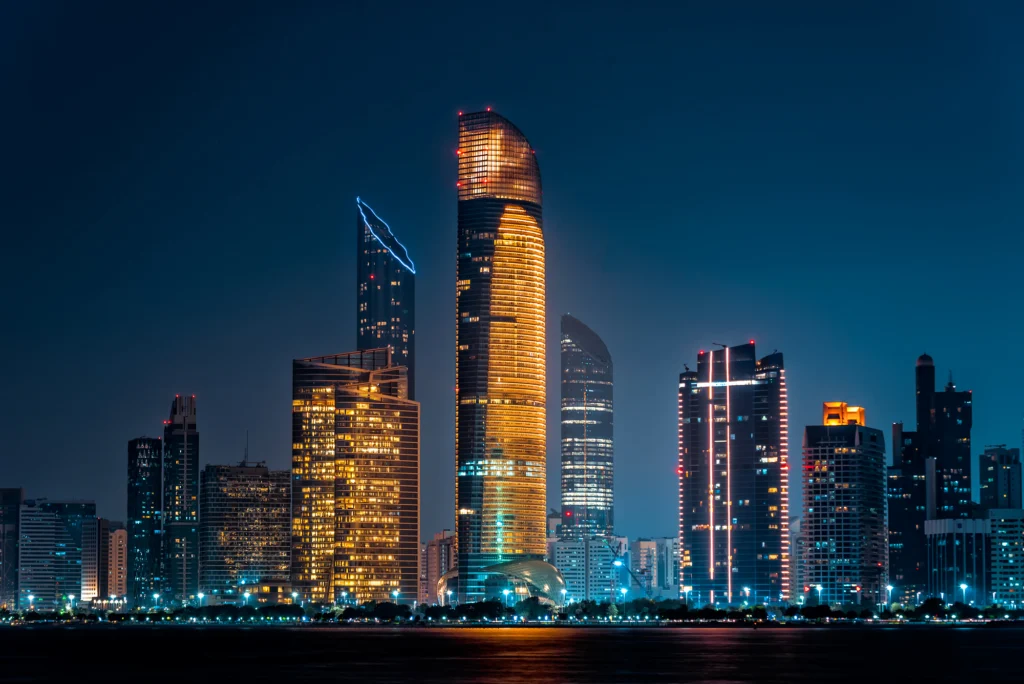Arab Bank Group Posts $535 Million H1 Profit, Driven by 6% Growth
By Hafsa Qadeer


Arab Bank Group’s financial results for the first half of 2025 reflect both resilience and strategic clarity. The Amman‑headquartered lender reported a net income after tax of USD 535.3 million, up 6% from USD 502.8 million in the same period last year. This impetus was driven by a concerted effort to grow core lending while preserving strong liquidity and capital buffers, a balance that management has deemed essential amid ongoing regional economic headwinds.
Balance‑Sheet Expansion and Funding Strength
Over the six‑month period, the Group’s total assets increased by 9% to USD 75.2 billion, underscoring robust demand across its credit portfolio. Net loans rose by 6% to USD 39.8 billion, fueled primarily by corporate and institutional clients seeking trade‑finance and project‑funding solutions. At the same time, customer deposits climbed by 9% to USD 55.3 billion, reinforcing Arab Bank’s reputation for stability and its ability to attract and retain client funds even in a competitive market for deposits.
This deposit growth not only underpins the bank’s liquidity profile but also enables a conservative loan‑to‑deposit ratio of 72%. By ensuring that a majority of lending is funded through stable client deposits, Arab Bank has guarded against funding volatility and sustained its capacity to support client activity across a range of sectors.
Capital Adequacy and Asset‑Quality Discipline
Maintaining a fortress‑like capital position remains a cornerstone of Arab Bank’s strategy. As of June 30, 2025, total equity stood at USD 12.5 billion, delivering a Common Equity Tier 1 ratio of 17.1%, comfortably above regulatory requirements. Management’s prudent approach to credit risk was equally evident in its provisioning philosophy: provisions against non‑performing loans continue to exceed 100%, ensuring that potential future losses are fully cushioned.
This dual emphasis on capital and credit quality has allowed the bank to pursue measured growth without compromising resilience. By proactively provisioning against stressed exposures, Arab Bank has fortified its balance sheet and ensured that episodic market shocks do not erode its core capital base.
Strategic Expansion: The Swiss Private‑Banking Merger
A highlight of the first half was the completion of a landmark merger in Switzerland. Arab Bank Switzerland finalized the integration of Gonet & Cie SA and ONE Swiss Bank SA, creating a unified private‑banking platform with assets under management totaling CHF 18 billion. This consolidation strengthens Arab Bank’s position in Europe’s competitive wealth‑management landscape and deepens its service offering to high‑net‑worth clients with ties between the Gulf and Switzerland.
By bringing together the heritage and networks of both Gonet and ONE, Arab Bank Switzerland is positioned to leverage synergies in client service, cross‑border advisory, and digital onboarding. The enlarged platform will allow the Group to capture new flows of wealth and to offer a seamless suite of investment, trust, and fiduciary services under a single, integrated brand.
Leadership Insights: Strategy and Resilience
Commenting on the half‑year results, Chairman Sabih Masri emphasized that the bank’s achievements stem from the “effectiveness of our integrated strategy and the resilience of our operating model.” He noted that, despite regional geopolitical uncertainties and uneven economic recovery, Arab Bank continued to execute on its long‑term vision, delivering sustainable growth and healthy returns for shareholders.
Chief Executive Officer Randa Sadik echoed this sentiment, pointing to a 5% increase in Group revenue for H1 2025 as evidence of robust underlying performance. She highlighted the bank’s unwavering focus on maintaining high liquidity and preserving asset quality, “Our balance‑sheet strength remains our greatest asset,” she said, “allowing us to serve clients effectively while safeguarding stakeholder interests.”
Guarded Optimism: Outlook and Strategic Priorities
Looking ahead, Arab Bank’s leadership has signaled a commitment to deepening its core franchise while exploring selective growth avenues. The bank plans to leverage its strengthened capital base to support financing in sectors poised for expansion, including infrastructure, energy transition, and trade corridors linking the Middle East to global markets. At the same time, it will continue to invest in digital capabilities designed to enhance client experience and operational efficiency.
The successful Swiss merger also opens the door to further international collaboration, enabling Arab Bank to offer integrated banking solutions that span retail, corporate, and private‑banking segments. By aligning its Middle Eastern heritage with European wealth‑management expertise, the Group seeks to capture synergies and deliver differentiated value to a broadening client base.
Recognition of Excellence
In addition to its financial achievements, Arab Bank was honored as the “Best Bank in the Middle East 2025” by Global Finance magazine. This accolade reflects both the bank’s market leadership and its consistent delivery of risk‑adjusted returns. It also underscores the industry’s recognition of Arab Bank’s strategic execution, capital discipline, and customer‑focused culture.
Final Words
Arab Bank Group’s first‑half performance in 2025 exemplifies a rare blend of growth and stability. By growing net income, expanding assets, and reinforcing capital and liquidity metrics, the bank has demonstrated that disciplined strategy and prudent risk management can coexist, even in a challenging regional environment. As the Group advances through the remainder of 2025, its ability to sustain these fundamentals while pursuing strategic expansion will be central to its long‑term success and its continued role as a pillar of the regional banking sector.



